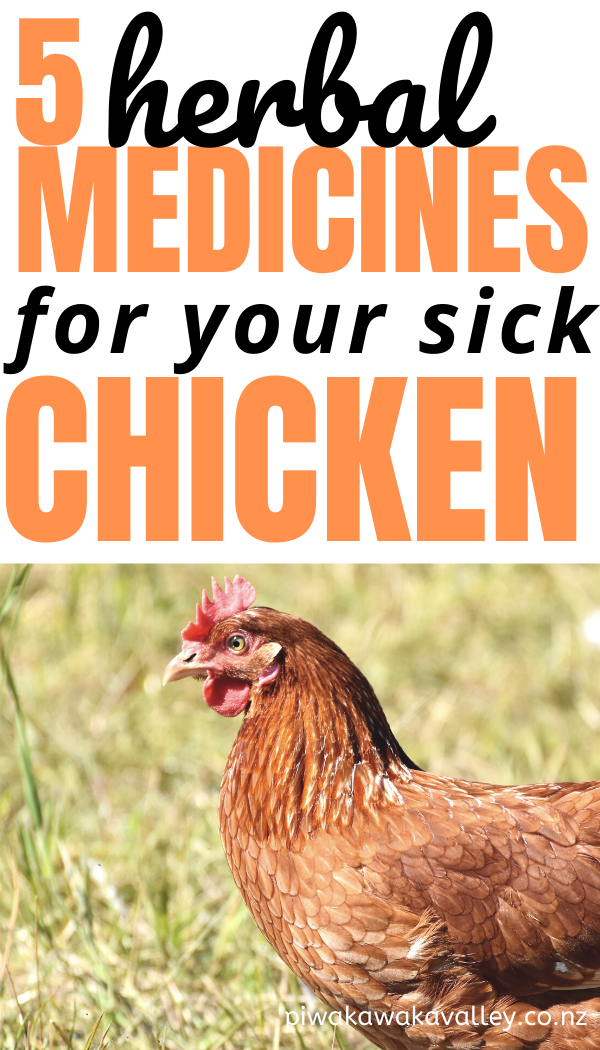Herbal Remedies for a Healthy Homestead: A Natural Approach to Livestock and Garden Care
Living on a homestead often means taking care of various animals and maintaining a productive garden. While modern medicine has its place, many homesteaders are turning to herbal remedies as a natural and sustainable approach to promoting the health and well-being of their livestock and plants. In this article, we will explore a range of herbal remedies that can be used for different purposes on the homestead.
1. Herbal Remedies for Livestock Health
Maintaining the health of our livestock is crucial for sustainable farming practices. Incorporating herbs into their diets or using them topically can help prevent common ailments. Some herbs known for their medicinal properties include garlic, oregano, thyme, and nettle. These herbs have antimicrobial properties that can boost immune function in animals.
2. Herbal Remedies for Common Poultry Ailments
Chickens are prone to various ailments such as respiratory issues, diarrhea, mites, and parasites. Herbs like calendula, chamomile, lavender, and mint can be beneficial in treating these conditions naturally. Calendula has antifungal properties while chamomile soothes irritated skin.
3. Herbal Remedies for Beekeeping and Hive Health
Bees play an essential role in pollination but are also susceptible to diseases like American Foulbrood or Varroa mites infestation. Supporting hive health with herbal remedies such as echinacea (coneflower), lemon balm, or thyme can strengthen bees’ immune systems and protect against infections.
4. Herbal Remedies for Natural Pest Control in the Garden
Garden pests can wreak havoc on crops if left unchecked. Instead of relying solely on chemical pesticides, consider using natural alternatives such as neem oil or pyrethrum derived from chrysanthemum flowers to control aphids, caterpillars, and other common garden pests.
5. Herbal Remedies for Soil Fertility and Plant Nutrition
Healthy soil is the foundation of a thriving garden. Herbs like comfrey, nettles, and dandelion are excellent sources of nutrients when used as compost or incorporated into homemade fertilizers. Additionally, these herbs can help improve soil structure and water retention.
6. Herbal Remedies for Natural Wound Healing in Animals
Animals on the homestead can occasionally suffer from cuts or wounds that need to heal naturally without antibiotics or chemicals. Calendula, plantain, yarrow, and comfrey have wound-healing properties that can be made into salves or poultices to promote healing in animals.
7. Herbal Remedies for Respiratory Issues in Farm Animals
Respiratory issues can affect livestock’s well-being and productivity. Herbs such as mullein, elecampane, thyme, and elderflower are known for their expectorant properties that can help alleviate respiratory congestion in farm animals.
8. Herbal Remedies for Digestive Disorders in Livestock
Digestive disorders can be common among livestock due to changes in diet or stress factors. Chamomile tea or chamomile-infused water given orally to animals may help soothe upset stomachs and relieve digestive discomfort.
9. Herbal Remedies for Stress and Anxiety in Farm Animals
Farm animals often experience stress during transportation or when adapting to new environments. Herbs like valerian root, lemon balm, lavender flowers (in moderation), and chamomile can be used to calm anxious animals naturally.
10. Herbal Remedies for Natural Parasite Control in Livestock
Parasites such as worms pose a significant threat to livestock health but using chemical dewormers excessively may lead to resistance over time. Introducing herbal remedies like wormwood, garlic granules/powder (in moderation), and pumpkin seeds can help control parasites naturally.
As you venture into using herbal remedies on your homestead, it’s important to remember that each animal and situation is unique. Consult with a veterinarian or experienced herbalist to ensure the appropriate herbs, dosages, and methods of administration are used for optimum results.
In conclusion, integrating herbal remedies into your homesteading practices can provide a natural and sustainable approach to livestock health and garden care. Whether you’re treating common poultry ailments, supporting hive health, controlling pests in the garden, or promoting soil fertility, there are numerous herbs available with medicinal properties. By embracing these traditional remedies, we can create a healthier environment for our animals and plants while reducing our reliance on chemicals.


Leave a comment